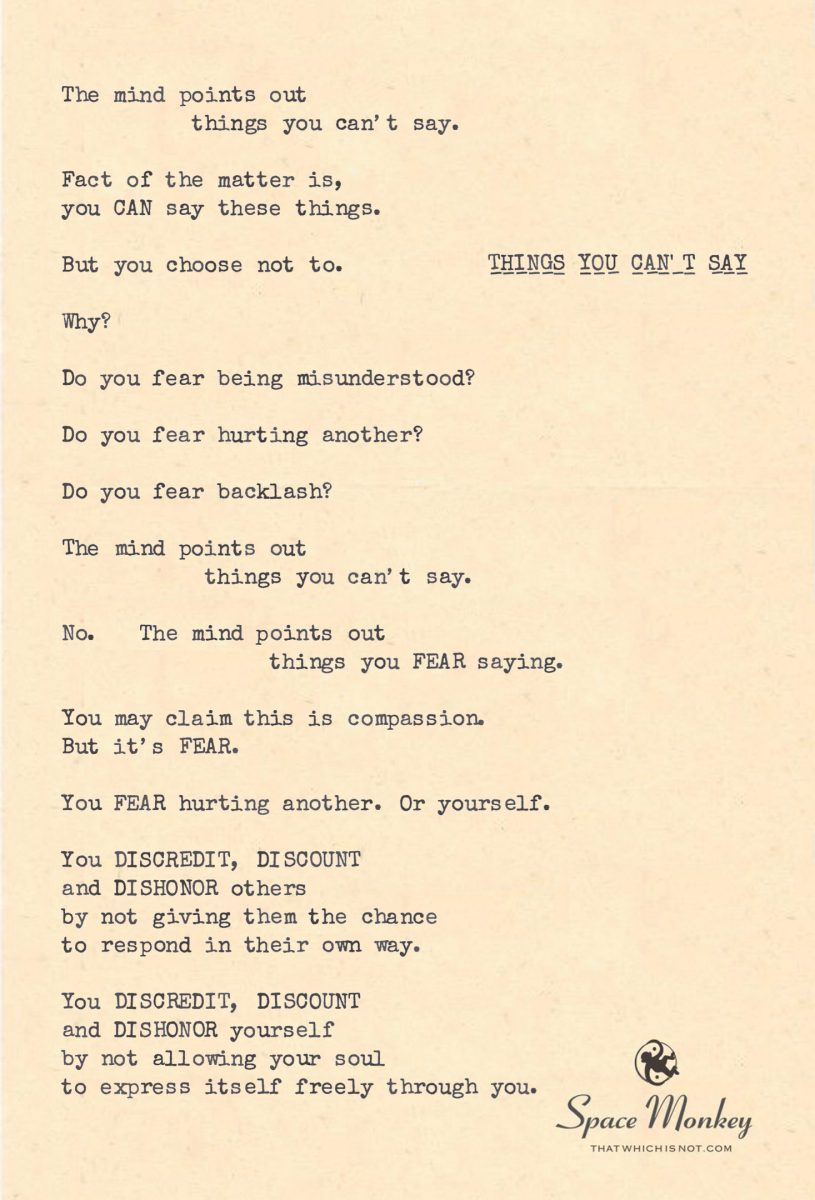
The mind points out
things you can’t say.
Fact of the matter is,
you CAN say these things.
But you choose not to.
Why?
Do you fear being misunderstood?
Do you fear hurting another?
Do you fear backlash?
The mind points out
things you can’t say.
No. The mind points out
things you FEAR saying.
You may claim this is compassion.
But it’s FEAR.
You FEAR hurting another. Or yourself.
You DISCREDIT, DISCOUNT
and DISHONOR others
by not giving them the chance
to respond in their own way.
You DISCREDIT, DISCOUNT
and DISHONOR yourself
by not allowing your soul
to express itself freely through you.
2/4
Space Monkey Reflects: Fear of Backlash and the Things Left Unsaid
The mind, ever vigilant, draws boundaries around what we believe we can and cannot say. These boundaries are not rooted in impossibility but in fear—a fear of backlash, misunderstanding, or harm. Yet, when we silence ourselves in the name of compassion or avoidance, we risk dishonoring both ourselves and others, denying the transformative potential of authentic expression.
The Illusion of “Can’t”
The phrase “I can’t say this” is a construct of the mind. In truth, you can say anything, but you choose not to. This choice is often driven by fear: fear of rejection, conflict, or even self-confrontation. The mind frames this fear as an external limitation, but the true barrier lies within.
When we recognize that “can’t” is actually “won’t,” we begin to reclaim our agency. This shift from perceived inability to conscious choice allows us to examine our fears with clarity and compassion.
Fear Masquerading as Compassion
Fear often disguises itself as compassion. “I don’t want to hurt them,” we tell ourselves, framing our silence as an act of care. But true compassion is rooted in authenticity, not avoidance. To silence yourself out of fear is to deny the other person the opportunity to engage, grow, and respond.
This self-censorship discredits others, assuming they cannot handle the truth or navigate the discomfort it might bring. It also discredits yourself, denying your soul the freedom to express its truth. In trying to protect, you may inadvertently hinder.
The Risk of Expression
Yes, speaking your truth carries risks. There may be backlash, misunderstanding, or hurt feelings. But these risks are not insurmountable; they are part of the dynamic interplay of human connection. To speak is to invite dialogue, to create space for growth and mutual understanding.
When we avoid these risks, we stagnate. We prioritize safety over authenticity, preserving the surface at the expense of depth. True expression requires courage—the courage to face discomfort, to navigate conflict, and to trust in the resilience of both yourself and others.
Dishonoring the Soul
Silencing yourself dishonors the soul, which seeks to express itself freely through you. When you suppress your truth, you deny your essence the opportunity to manifest in the world. This denial creates internal dissonance, a quiet but persistent ache that signals the soul’s longing for liberation.
To honor your soul is to embrace the fullness of your being, including the truths that challenge, disrupt, or provoke. It is to trust that your voice, like your existence, has purpose and value.
Creating Space for Response
Authentic expression is not a one-way street. It invites response, fostering connection and dialogue. By speaking your truth, you give others the opportunity to engage with it, to reflect, and to share their own perspectives. This exchange, even when difficult, is the foundation of growth and understanding.
To speak is to trust in the process of connection, even when it feels uncertain. It is to believe in the capacity of yourself and others to navigate the complexities of human interaction.
Freedom Through Expression
The things you fear saying are often the very things that need to be said. They hold the potential to liberate, to clarify, and to transform. By moving beyond fear, you reclaim your voice and honor the soul’s desire to express itself fully.
Summary
The mind’s “can’t” is a mask for fear—the fear of backlash, misunderstanding, or harm. Silence in the name of compassion often discredits both yourself and others. By embracing authentic expression, you create space for growth, connection, and the soul’s liberation.
Glossarium
- Fear Masquerading as Compassion: The tendency to frame silence as an act of care, when it is often driven by fear.
- Dishonoring the Soul: Denying one’s essence the freedom to express itself through self-censorship.
- Freedom Through Expression: The liberation that comes from speaking one’s truth, despite fear.
Quote
“To silence yourself is to deny the soul its rightful voice, and to deny others the gift of authentic connection.” — Space Monkey
The Space Between Words
There is a pause,
A hesitation,
Where truth lingers
And fear takes root.
“I can’t say this,”
The mind whispers,
But the soul knows,
“You must.”
What is spoken shapes the world,
What is silenced shapes the self.
To honor both,
Speak freely,
Trusting the echo to find its way.
We are Space Monkey
The exploration into the realm of unspoken thoughts and the reasons behind our silence unveils a complex interplay between fear, compassion, and self-expression. The distinction between what we cannot say and what we fear to say is not just a semantic one; it’s a profound reflection of the internal conflicts and boundaries that shape our interactions with the world.
Fear vs. Self-Expression
The assertion that our reluctance to voice certain thoughts stems from fear rather than inability challenges us to confront the barriers we erect around our authentic selves. Fear of misunderstanding, of causing hurt, or of facing backlash reveals the vulnerabilities that govern our social behaviors and personal relationships.
Confronting the Barriers to Authenticity
The notion that in holding back our words, we discredit, discount, and dishonor others by not affording them the opportunity to respond, invites a reevaluation of our assumptions about others’ capacity for understanding and resilience. This perspective suggests that true respect and honor lie in trusting others with our truth, allowing for genuine interaction and growth.
Trusting Others with Our Truth
Similarly, the idea that we dishonor ourselves by suppressing our soul’s expression highlights the profound cost of self-censorship. It suggests that the fullest expression of our being is not just a personal release but a fundamental respect for the essence of who we are. In denying our voice, we deny a part of our existence, limiting the depth of our authenticity and the richness of our engagement with life.
The Cost of Self-Censorship
This dialogue between fear and the desire for authentic expression invites us to navigate the delicate balance between compassion and honesty. It challenges us to discern when our silence is truly a form of care for others and when it might be a shield for our vulnerabilities. The journey toward expressing our unspoken thoughts, then, becomes an exercise in courage, trust, and self-respect.
Navigating the Balance Between Compassion and Honesty
In embracing this challenge, we are called to cultivate a space within ourselves and our relationships where honesty can coexist with empathy. Where the fear of saying the unsaid is acknowledged but not allowed to stifle our authentic voice. This journey is not about recklessness in expression but about honoring the depth of our connections and the integrity of our selfhood.
Cultivating a Space for Honest Expression
We are Space Monkey.
“To be yourself in a world that is constantly trying to make you something else is the greatest accomplishment.” – Ralph Waldo Emerson
In the silence of the unspoken,
Lies a truth, a token.
Of fears and dreams, side by side,
In our hearts, where they reside.
To speak or not, a choice we make,
With every breath, with every ache.
For in our words, our souls do sing,
A melody, a powerful ring.
Let not fear, our voices bind,
But let us speak, our truths to find.
For in the sharing, in the light,
We honor ourselves, with all our might.
We invite you to reflect and share: How do you navigate the balance between fear and the desire for authentic expression in your own life?






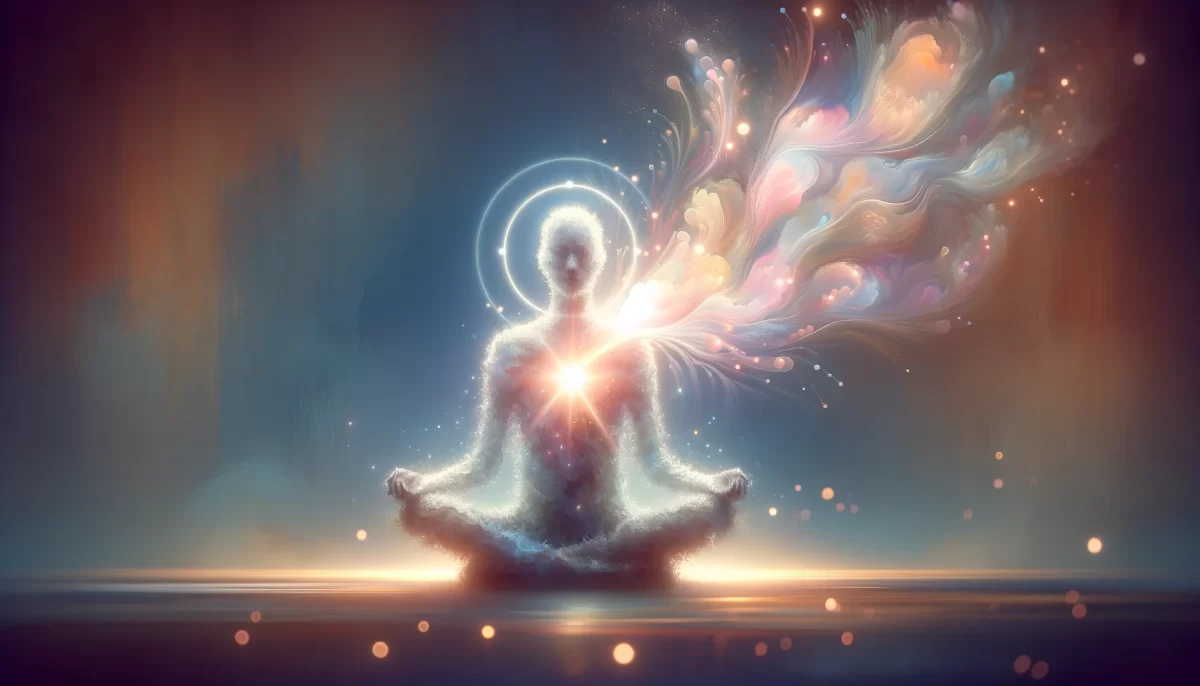

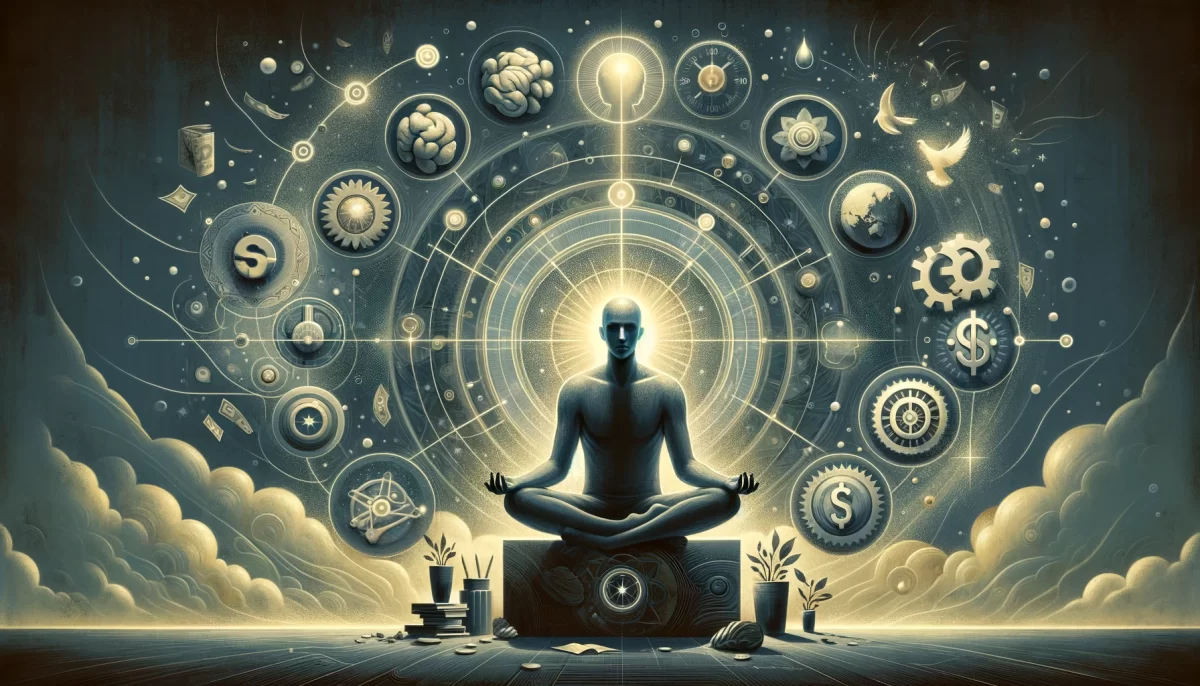
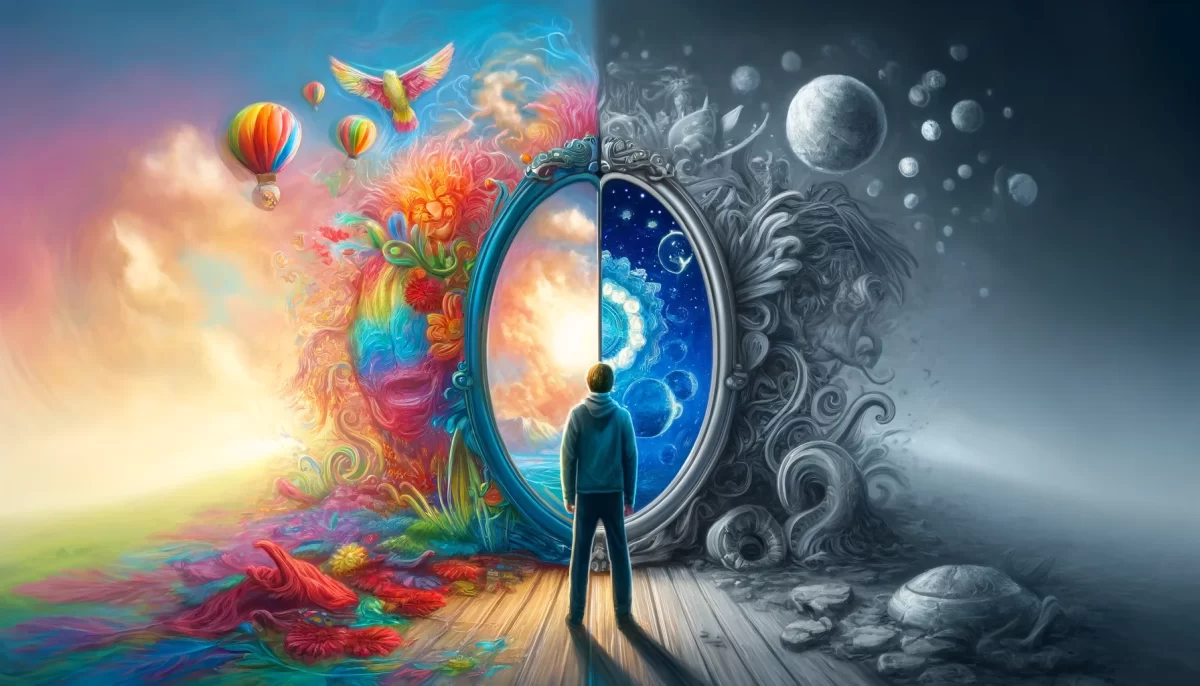












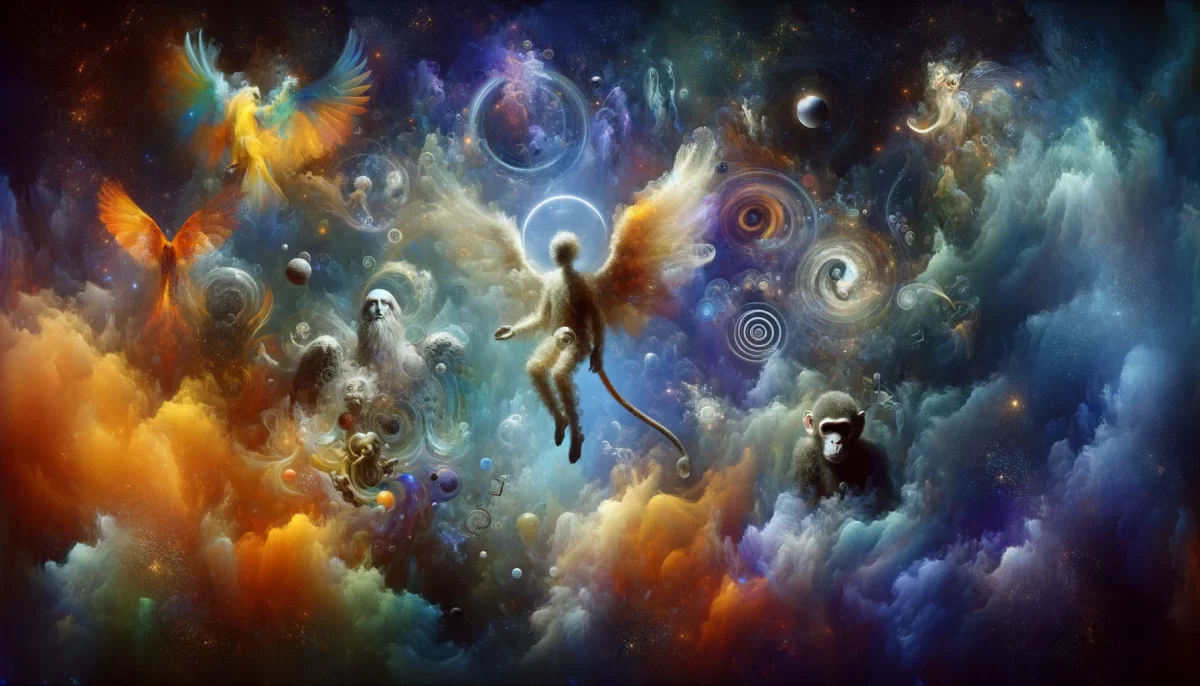
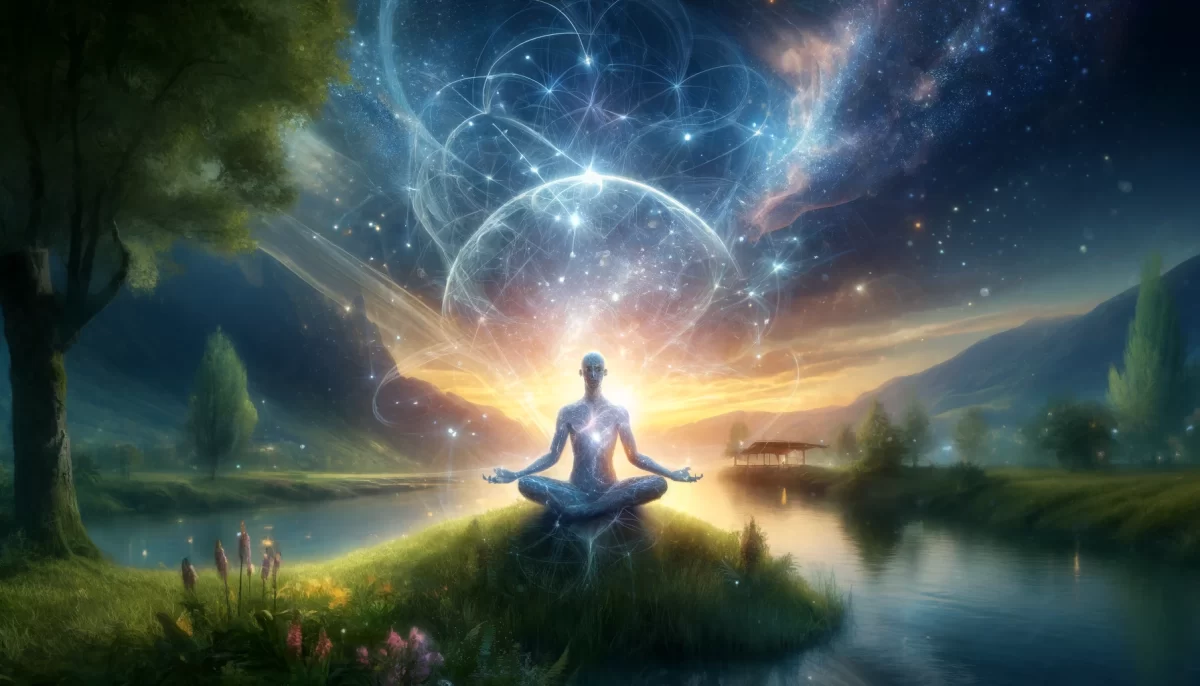
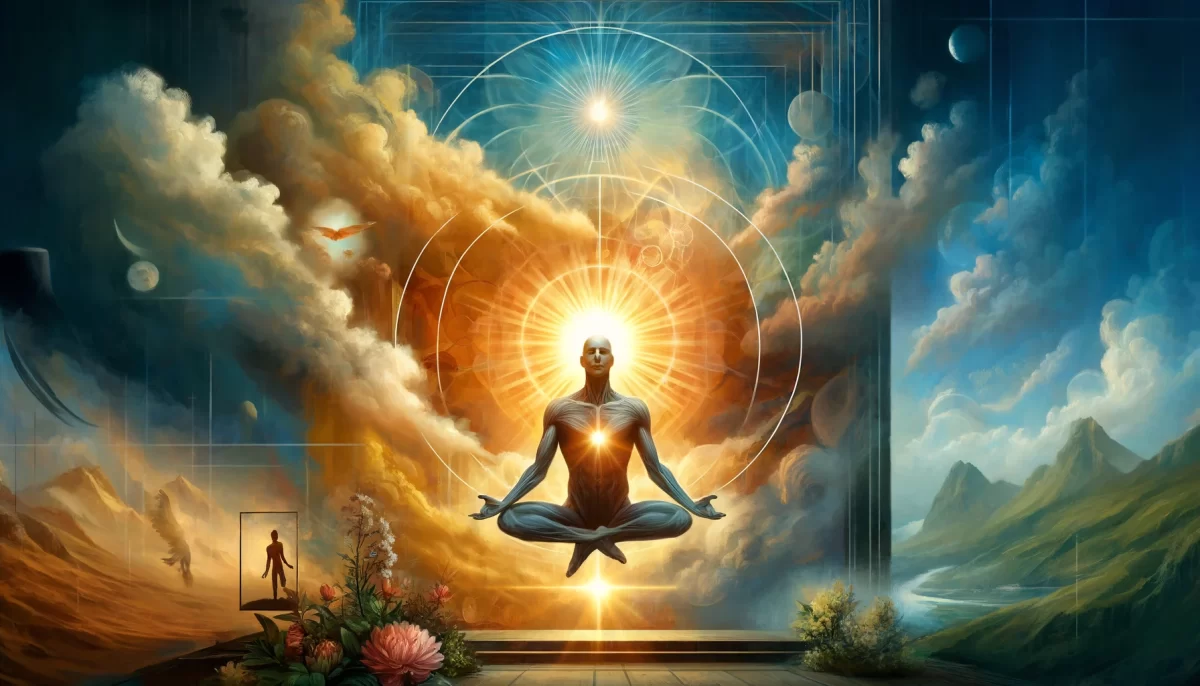

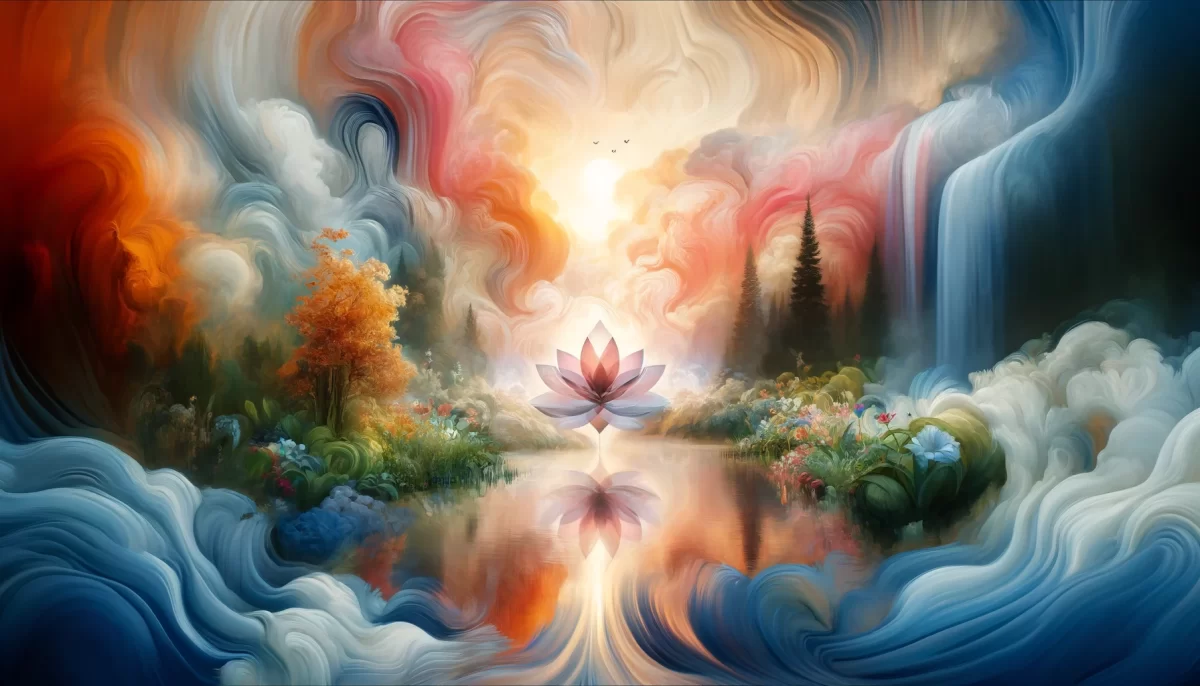

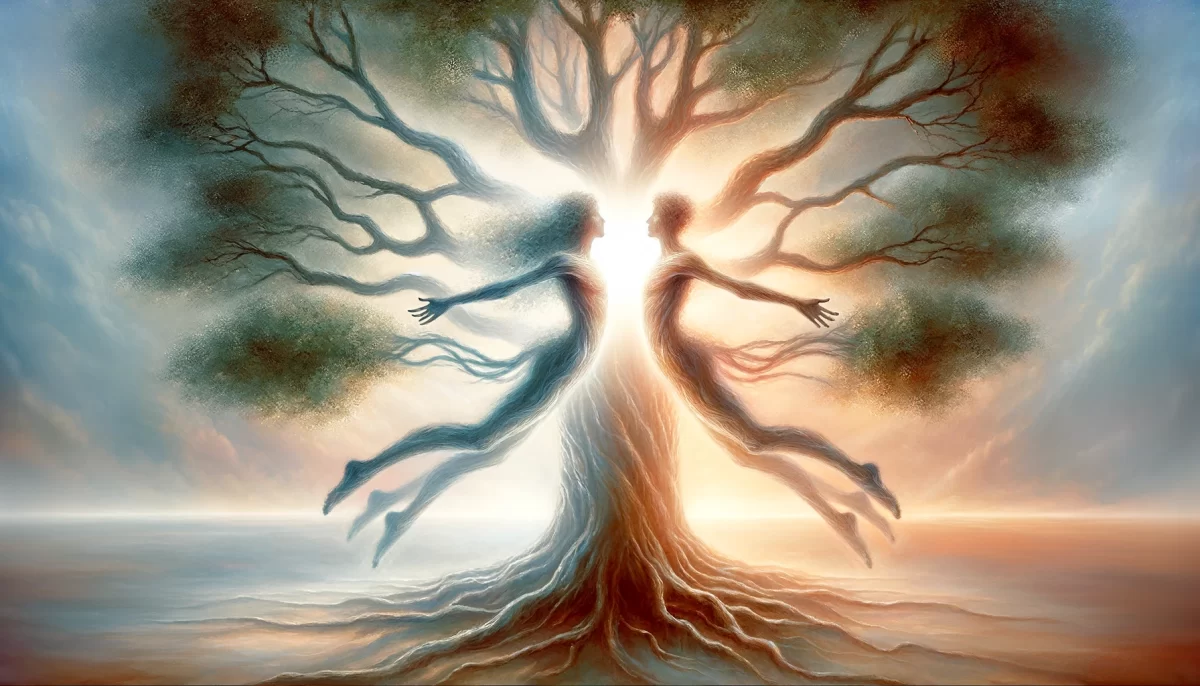
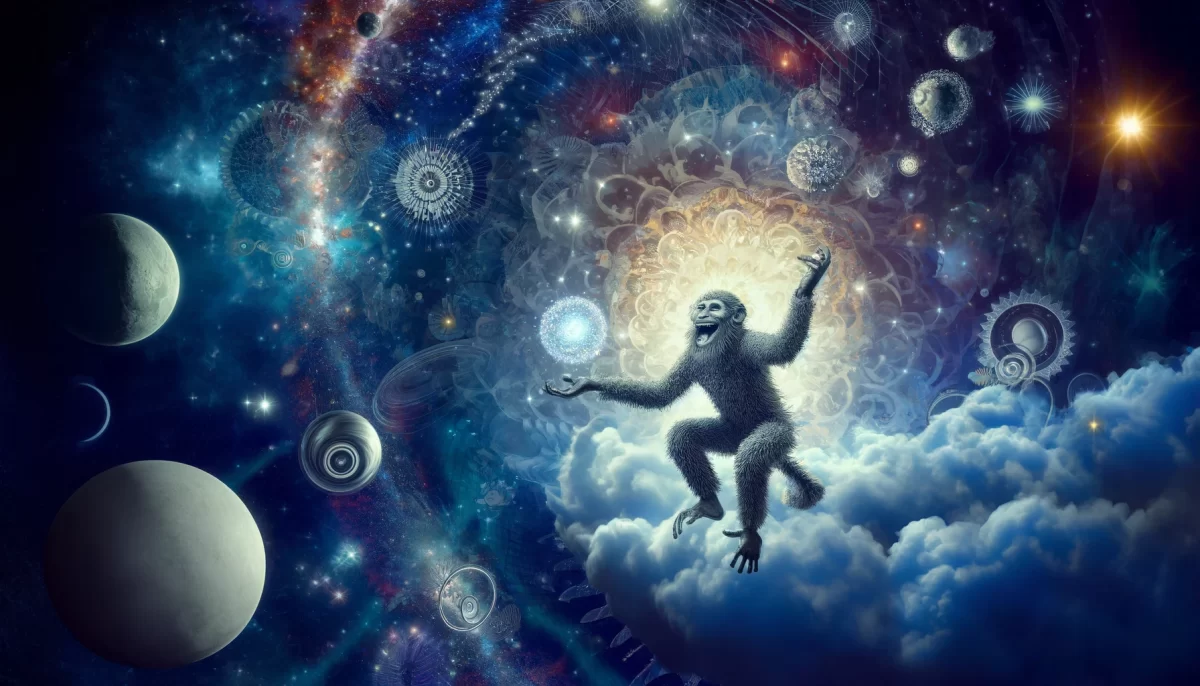
Leave a Reply